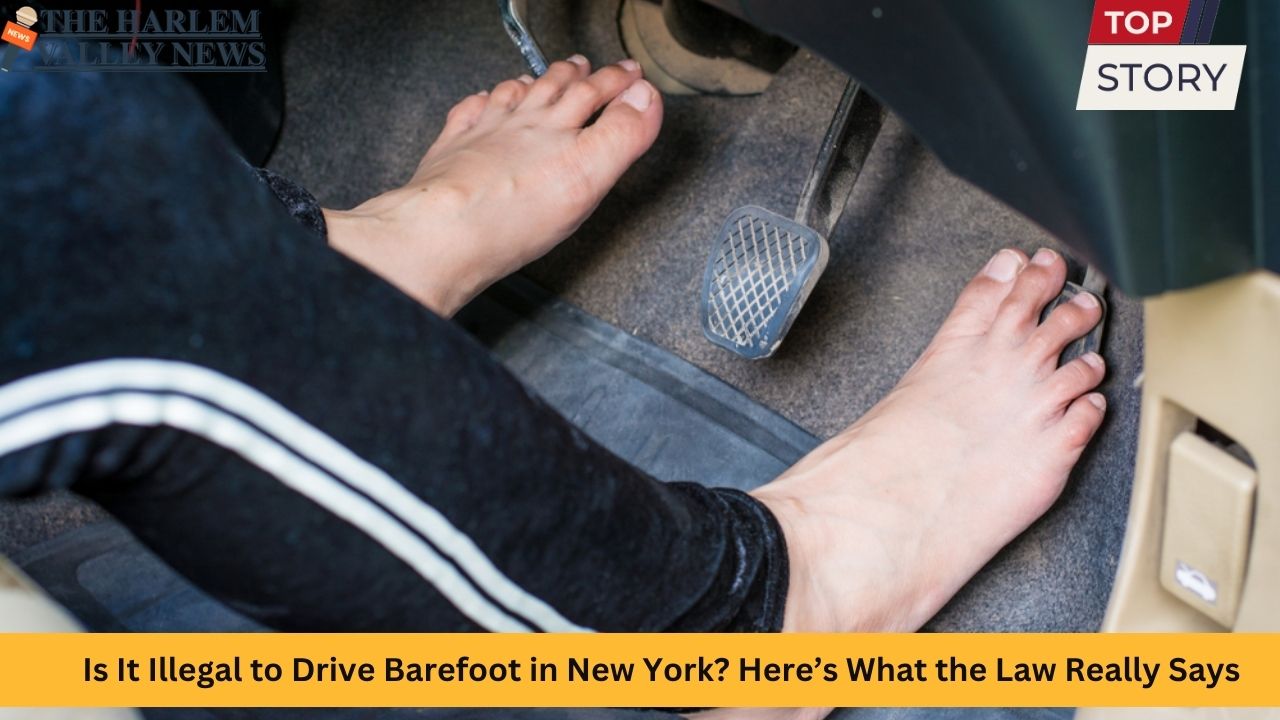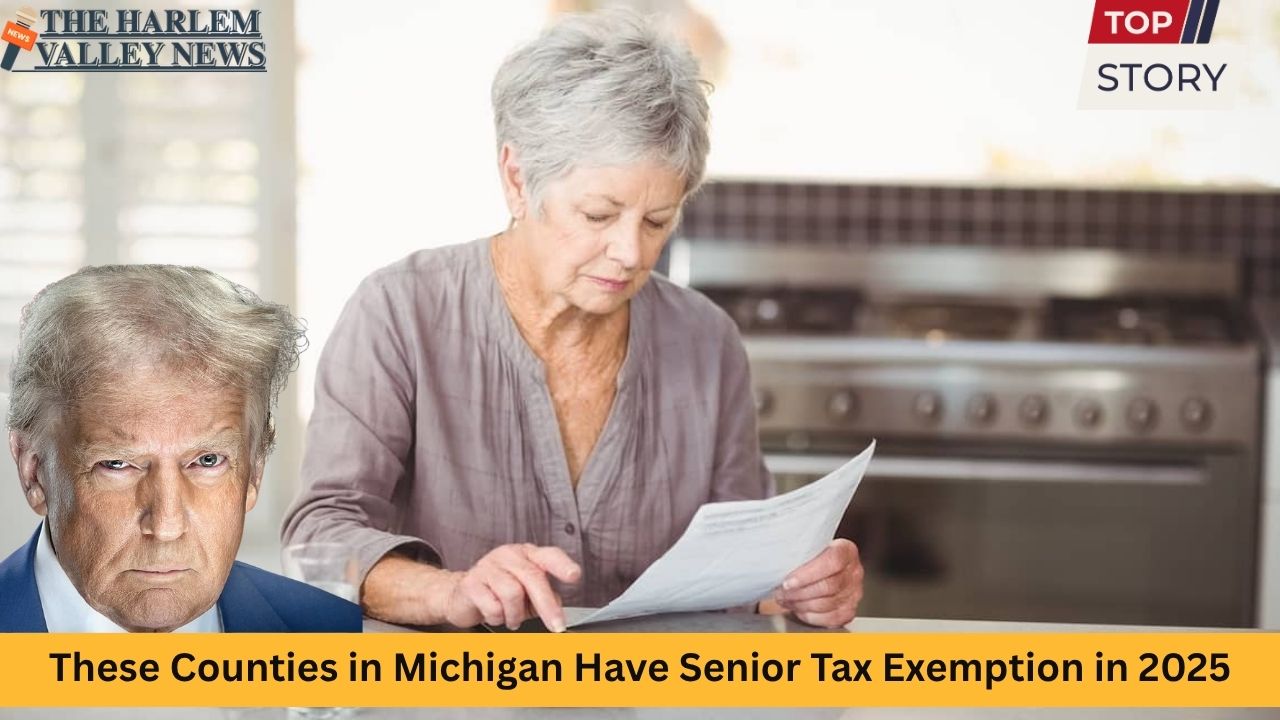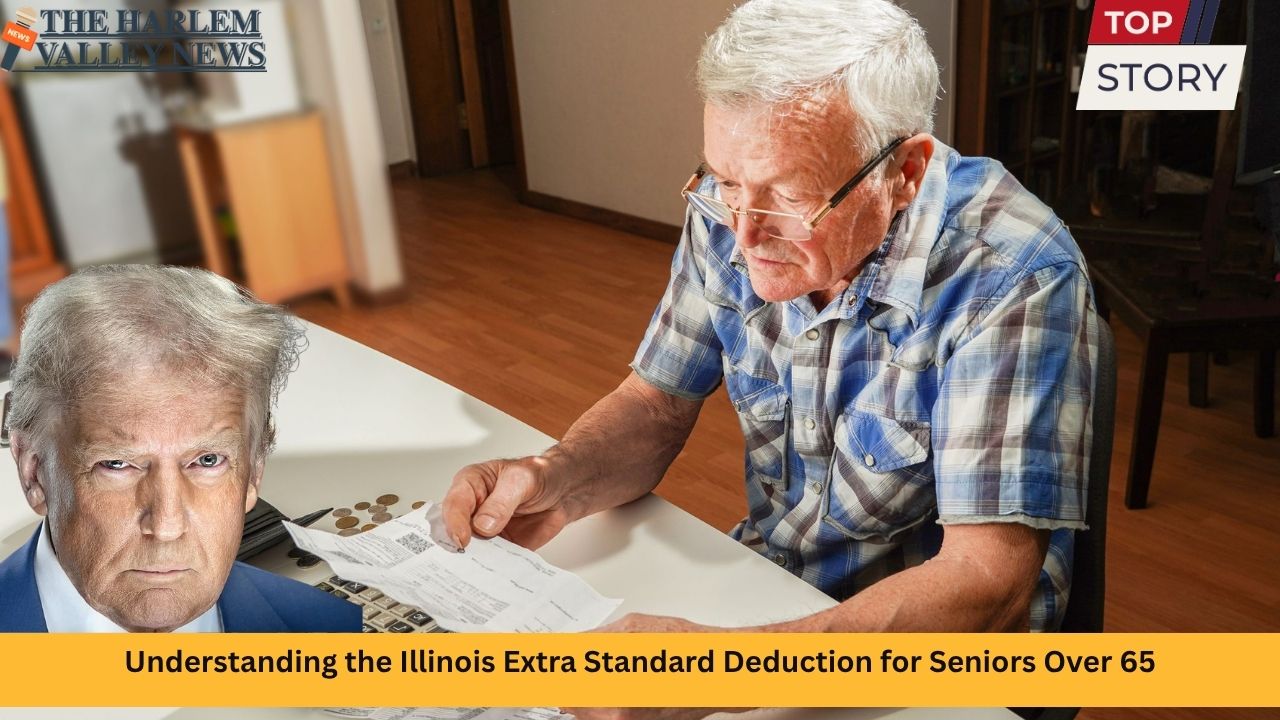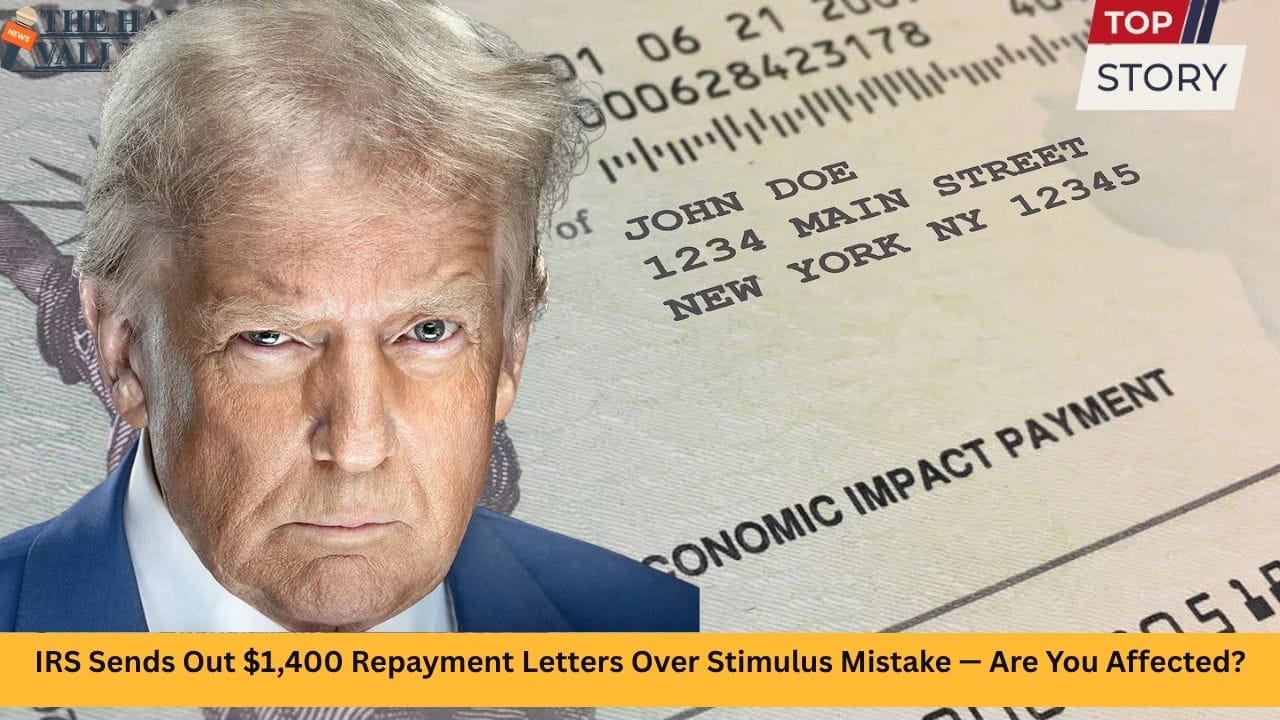Pennsylvania residents aged 65 and older are fortunate to benefit from a unique combination of federal and state tax policies that can significantly reduce their income tax liabilities. While the Keystone State offers exemptions on retirement income and tax rebates, the federal government provides both a standard deduction and additional deductions specifically for seniors. This article explores how these layers of relief work together, who is eligible, and how to make the most of available benefits.
What Is the Federal Extra Standard Deduction for Seniors?
When you file your federal income taxes, you may choose between the standard deduction or itemizing expenses. For those age 65 and older, the IRS allows an additional amount on top of the regular standard deduction. In 2025 (for returns filed in early 2026), single filers age 65+ may claim an extra deduction of two thousand dollars, while married couples may claim sixteen hundred dollars for each qualifying spouse. If you’re blind in addition to being age 65+, that extra amount doubles—reaching up to four thousand per individual for unmarried filers, or three thousand two hundred per spouse for joint filers. These amounts are slightly higher than the 2024 levels, reflecting annual inflation adjustments.
The New Senior “Bonus” Deduction
In mid‑2025, a new temporary tax provision was enacted—referred to as the “bonus” deduction under federal law. Between tax years 2025 and 2028, eligible seniors can claim an additional deduction of up to six thousand dollars per individual (twelve thousand for married couples filing jointly). This is in addition to the standard extra deduction for age. The bonus is available regardless of whether you itemize or take the standard deduction and is subject to income phase‑outs. Single filers with modified adjusted gross income above seventy‑five thousand dollars see the deduction begin to phase out at a rate of six cents per dollar until it vanishes at one hundred seventy‑five thousand. Married couples face phase‑out beginning at one hundred fifty thousand, with the full deduction gone at two hundred fifty thousand.
Why Seniors in Pennsylvania Should Take Notice
Pennsylvania further sweetens the deal by taxing very little at the state level for older residents. The state imposes no income tax on Social Security benefits, pension income, or retirement account distributions for residents aged sixty or older. This means that while the IRS may still tax some Social Security benefits federally, the state does not. Combined with the federal deductions, many seniors in Pennsylvania owe no state income tax at all on their retirement resources.
How Federal and State Policy Layers Combine
Take a hypothetical retired couple living in Philadelphia. Both spouses are age 66, filing jointly. Federally, they can claim:
- The base standard deduction for married filing jointly under new 2025 rules.
- An extra age‑based deduction of sixteen hundred dollars per spouse (total three thousand two hundred).
- The bonus senior deduction of up to twelve thousand, assuming their AGI is under one hundred fifty thousand.
This combined deduction may exceed forty‑six thousand, drastically reducing their taxable income. At the same time, Pennsylvania exempts all their Social Security, IRA, and pension income from state taxation. Result: They keep a far greater share of their resources than many seniors in other states.
Eligibility Requirements
To qualify for the federal extra deduction and bonus:
- You must have turned 65 by the last day of the tax year.
- You must have a valid Social Security number.
- Married couples must file jointly to receive the full married‑couple deduction.
- Your income must fall below the phase‑out thresholds (calls out seventy‑five thousand single / one hundred fifty thousand joint).
Pennsylvania state retirement exemptions require only that you be age sixty or older and a resident. There is no income ceiling for retirement income exemption at the state level.
How Many Seniors Are Affected—Pennsylvania Statistics
Studies by Pennsylvania’s Independent Fiscal Office estimate that for tax year 2025, roughly 1.4 million Pennsylvania filers age 65 and over could benefit from the new bonus deduction, with average federal tax savings around seven hundred seventy‑five dollars per filer. That amounts to an estimated reduction of approximately 1.1 billion dollars in federal income tax paid by seniors statewide. Households with adjusted gross incomes between seventy‑five thousand and two hundred thousand stand to gain the most, as they are eligible for the full bonus deduction and also often face higher marginal tax rates. Couples filing jointly are particularly well positioned to take full advantage.
Property Tax and Rent Rebates for Seniors
In addition to income tax relief, seniors in Pennsylvania are eligible for the Property Tax/Rent Rebate program. Individuals aged 65 and above (or widows and widowers age 50+) can receive rebates ranging from three hundred eighty dollars to a maximum of one thousand dollars. Supplemental rebates—equaling as much as an additional five hundred dollars—are available to applicants in Philadelphia, Pittsburgh, and Scranton who meet lower income thresholds or pay more than fifteen percent of their income in rent or property taxes. Rebates are based on household income up to roughly forty‑six thousand five hundred twenty dollars. Applications for the program are accepted through December 31, 2025, for the 2024 filing year, with rebates issued beginning in July 2025.
Strategies for Maximizing Benefit
- Manage Income Wisely: Keeping modified AGI below phase‑out thresholds ensures full eligibility for the bonus deduction. Delaying Roth IRA conversions or limiting capital gain realizations may help.
- Optimize Filing Status: Married couples will often benefit more from filing jointly. A couple where only one spouse is 65+ still qualifies for one extra deduction plus the bonus.
- Consider Standard Deduction vs Itemizing: The new combined standard plus age‑based and bonus deductions may exceed what you could claim by itemizing. Unless you have large deductible expenses (e.g. medical, mortgage interest, charitable donations), the standard route may provide the greatest tax relief.
- Don’t Overlook State Programs: Even if federal deductions reduce your federal tax to near zero, Pennsylvania seniors should still file rebate applications to claim property tax relief.
City Examples Across Pennsylvania
- In Philadelphia, a retired couple earning under eighty thousand combined adjusted gross income could hit the maximum senior bonus deduction, significantly reducing federal taxable income. They may also qualify for supplemental rebate funds due to the city’s high rent and tax burdens.
- Near Pittsburgh, a widow aged 70 owning her home with modest income may qualify for the maximum rebate and benefit from total exemption of Social Security and pension income at the state level.
- In Lancaster County, retirees living in high property tax areas may reach the supplemental rebate threshold—even at incomes near thirty thousand—especially when tax as a share of household income exceeds 15 percent.
- In suburban areas outside Scranton, older adults can rely on the Department of Aging’s resources for help submitting rebate applications and navigating IRS forms to capture both the age‑based and bonus standard deductions.
Common Questions and Clarifications
- Does Pennsylvania tax my Social Security at the state level? No. The state exempts Social Security, pension income, IRA and 401(k) distributions for residents age 60 and older.
- Can I claim the bonus deduction if I itemize? Yes. The federal bonus deduction applies even for taxpayers who itemize deductions.
- What if my income exceeds the phase-out threshold? The bonus deduction is reduced by six percent for every dollar above the initial threshold, completely phasing out at the upper limit. If you still qualify for some portion, it can help reduce taxable income.
- Is the extra deduction available every year? The base extra standard deduction is permanent, adjusted annually for inflation. The bonus deduction is temporary and only available for tax years 2025 through 2028.
- Do I need to file state and federal returns to benefit? Yes. You must file a federal return to claim federal deductions. To claim state benefits and property tax rebates, Pennsylvania requires appropriate application or form submission.
Conclusion
For seniors over age 65 living in Pennsylvania, the combination of federal deductions—including the new bonus—and the state’s generous exemption policies plus rebate programs can deliver substantial tax savings. Whether you live in Philadelphia, Pittsburgh, Scranton, Lancaster, or rural counties, the opportunities to reduce taxable income and receive property tax support are real and accessible—especially if you plan strategically. Understanding eligibility, timing income recognition, choosing the right filing route, and remembering to apply for state rebate programs can make retirement far more financially comfortable in the Keystone State.
If you’re unsure how these policies apply to your unique situation, you may wish to consult a tax professional—or reach out to local Area Agencies on Aging for guidance on state rebates.













Leave a Reply